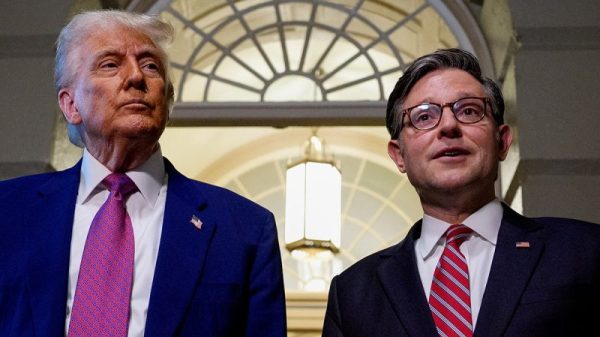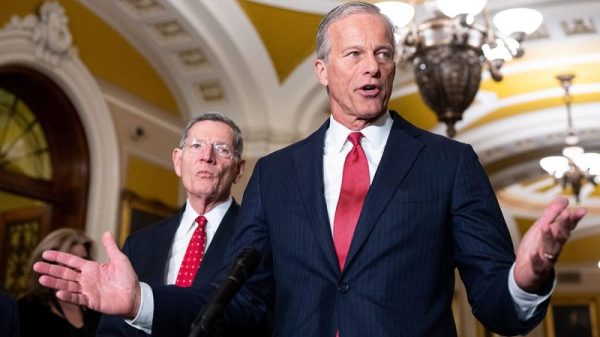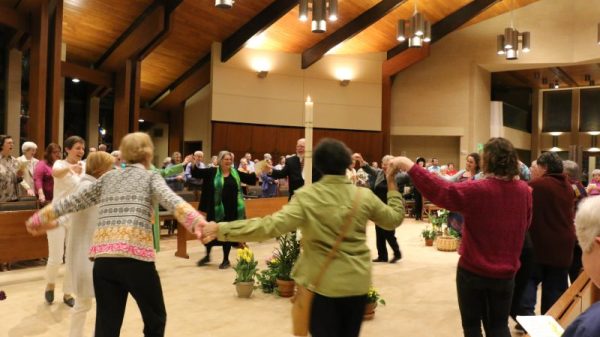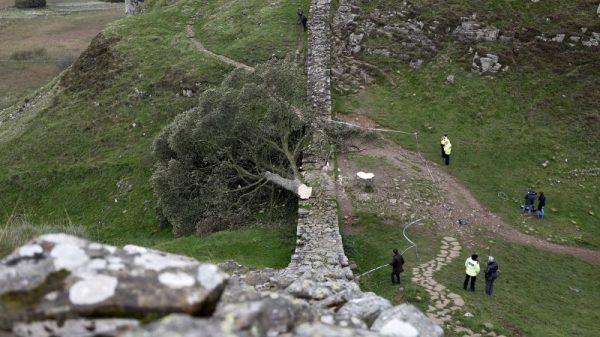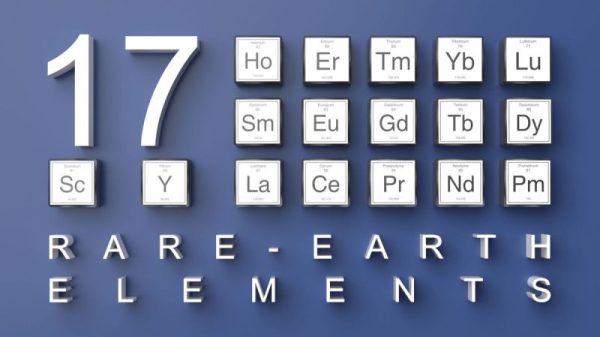Tens of thousands of people have marched on the New Zealand parliament in Wellington to protest against a bill that critics say strikes at the core of the country’s founding principles and dilutes the rights of Māori people.
The Hīkoi mō te Tiriti march began nine days ago in New Zealand’s far north and crossed the length of the North Island in one of the country’s biggest protests in recent decades.
The traditional peaceful Māori walk, or hīkoi, culminated outside parliament on Tuesday, where protesters implored lawmakers to reject the controversial Treaty Principles Bill that seeks to reinterpret the 184-year-old treaty between British colonizers and hundreds of Māori tribes.
The legislation is not expected to pass as most parties have committed to voting it down, but its introduction has triggered political upheaval and reignited a debate on Indigenous rights in the country under the most right-wing government in years.
Here’s what you need to know:
What’s happening?
Massive crowds marched through the New Zealand capital as part of the hīkoi, with people waving flags and signs, alongside members of the Māori community in traditional clothing.
Police said about 42,000 people, a significant number in a country of about 5 million people, marched toward parliament to oppose the legislation.
Those attending described the march as a “generational” moment. “Today is a show of kotahitanga (unity), solidarity and being one as a people and uphold our rights as Indigenous Māori,” marcher Tukukino Royal told Reuters.
Protesters gathered outside parliament, known as the Beehive, as lawmakers discussed the controversial bill.
Last week, parliament was briefly suspended after Māori lawmakers staged a haka to disrupt voting on the bill.
What is the Treaty of Waitangi?
New Zealand’s Treaty of Waitangi is a document signed by the colonial British regime and 500 Māori chiefs in 1840 that enshrines principles of co-governance between Indigenous and non-Indigenous New Zealanders.
The treaty is considered one of the country’s founding documents and the interpretation of its clauses still guides legislation and policy today.
Two versions of the text – in Māori, or Te Tiriti, and English – were signed but each contains differing language that has long sparked debate over how the treaty is defined and interpreted.
Unlike the United States, New Zealand doesn’t have a written constitution. Instead, the treaty’s principles have been developed over the past 40 years by successive governments and courts.
The agreement seeks to protect Māori interests, their role in decision-making and relationship with the British Crown. And courts have used the principles to redress Māori disenfranchisement and enact policies that seek to remedy social and economic disparities Māori face.
What is the bill?
The Treaty Principles Bill was introduced by David Seymour, leader of the right-wing ACT New Zealand Party, which is a junior coalition partner with the ruling National and New Zealand First parties.
Seymour says he does not seek to change the text of the original treaty but argues its principles should be defined in law and should be applicable to all New Zealanders, not just Māori.
Supporters of the bill say the ad hoc way in which the treaty has been interpreted over the years has given Māori special treatment.
The bill, however, is widely opposed by politicians from both sides of the aisle and thousands of Indigenous and non-Indigenous New Zealanders, with critics saying it could undermine the rights of the Māori.
Hīkoi leader Eru Kapa-Kingi told the crowd “Māori nation has been born” today and that “Te Tiriti is forever,” RNZ reported.













